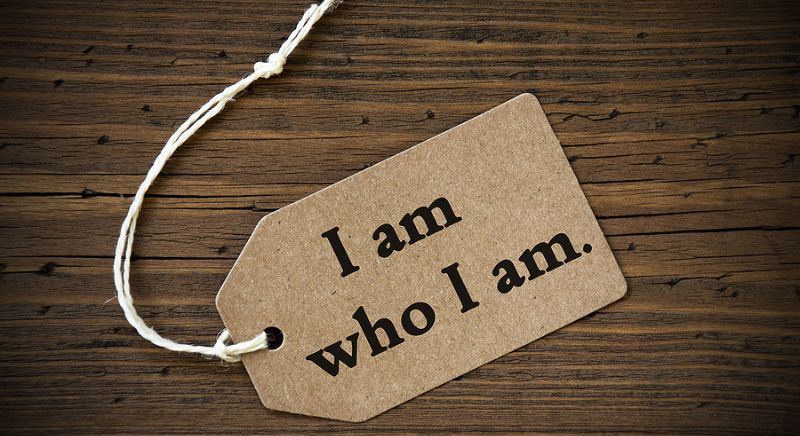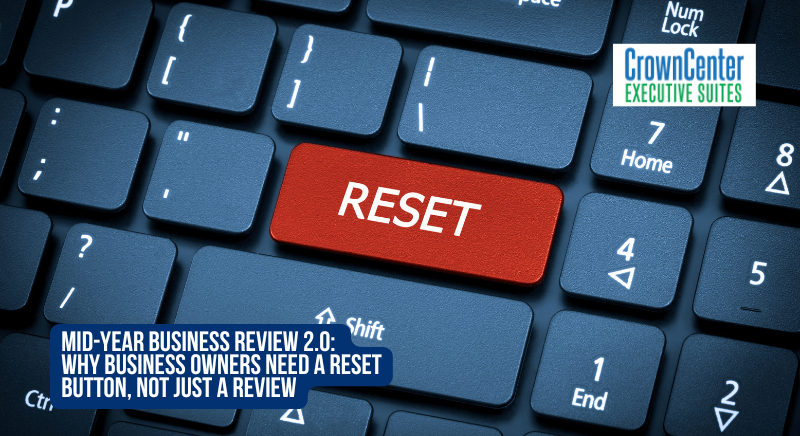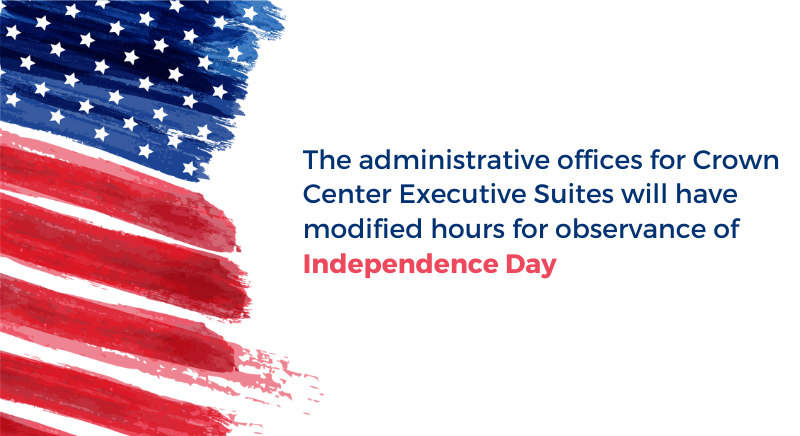
Personality Test Breakdown:
A Look at the Enneagram, DISC & Myers-Briggs
Personality tests have long been popular tools for self-discovery, professional development and improving interpersonal relationships. In fact, Deloitte reports that around 80% of Fortune 500 companies are using personality tests to better understand their employees.
Why take a personality test? According to a master in personal and professional development, Tony Robbin, they provide direction. “Personality inventories help you uncover your interests, skills and aptitudes, which come into play when you’re growing your career. The better you understand what expertise you have and what you want in a career, the more equipped you are to find your place in the work world.”
Among the most widely recognized and utilized are the Enneagram Personality System, the DISC Assessment and the Myers-Briggs Type Indicator (MBTI). Each system offers unique insights into our personality traits and behaviors, but they do so through different lenses. Let’s explore each system’s features, benefits, and limitations to help you understand how they can be applied in various contexts.
Defining The Top Personality Tests
What is the Enneagram Personality System?
The Enneagram Personality System is among the top three most popular personality tests. It is based on an ancient system that identifies nine distinct personality types, each with its unique core motivations, fears, and desires.
The nine types are defined as the Reformer (Type 1), the Helper (Type 2), the Achiever (Type 3), the Individualist (Type 4), the Investigator (Type 5), the Loyalist (Type 6), the Enthusiast (Type 7), the Challenger (Type 8) and the Peacemaker (Type 9).
Benefits:
- Deep Self-Awareness: Offers profound insights into one’s inner motivations and behavioral patterns; goes beyond character traits.
- Personal Growth: Encourages personal development and transformation by identifying areas for growth and healthiness levels.
- Interpersonal Relationships: Enhances understanding of others’ perspectives, fears and motivations, allowing for improved empathy and communication.
Limitations:
- Complexity: This personality test is based on a system that can be complex and may require significant time and effort to understand fully.
- Subjectivity: The personality test can be left to self-awareness, which can be subjective and open to interpretation.
DISC Assessment
The DISC Assessment is a personality test based on the work of psychologist William Marston that focuses on four primary personality traits: dominance (D), influence (I), steadiness (S), and conscientiousness (C). It can be customized to specific organizational needs and roles.
Benefits:
- Insight Tools: Particularly useful in professional settings for making hiring decisions and auditing team fit of employees and teams.
- Customizable: Can be tailored to specific organizational needs and roles.
Limitations:
- Simplicity: Some argue that the four-factor model is overly simplistic and may not capture the complexity of human personality.
- Context Dependency: May be less effective in non-work-related settings.
The Myers-Briggs Type Indicator (MBTI)
The MBTI is a personality test based on Carl Jung’s theory of psychological types. It was developed by Katherine Briggs and her daughter Isabel Briggs Myers during World War II. The system categorizes individuals into 16 distinct personality types based on four dichotomies: Extraversion (E) vs. Introversion (I), Sensing (S) vs. Intuition (N), Thinking (T) vs. Feeling (F), and Judging (J) vs. Perceiving (P). This framework helps individuals understand their preferences in perceiving the world and making decisions, offering personal insights that can guide career development.
Benefits:
- Personal Insight: Helps individuals understand their preferences in perceiving the world and making decisions.
- Career Development: Assists in identifying suitable career paths and work environments.
Limitations:
- Static Categorization: Critics argue that it places people into fixed categories, which may not fully capture the fluid nature of personality.
- Validity and Reliability: Some studies question the scientific validity and reliability of the MBTI.
Personality tests such as the Myers-Briggs Type Indicator, DISC Assessment, and Enneagram Personality System offer valuable insights into human personality and behavior. While they have different origins, methodologies, and applications, all three can be powerful personal and professional development tools. Understanding their unique strengths and limitations can help you choose the right one for your needs, whether seeking self-awareness, career guidance, or better interpersonal relationships.
By exploring and integrating the insights from these personality tests, you can gain a more comprehensive understanding of yourself and others. This will ultimately lead to more effective communication and stronger connections in all areas of life.
Check out Crown Center Executive Suites’ many office space options including:
- Professional Office Spaces
- Spacious Executive Suites
- Meeting Rooms for Large and Small Groups
- Virtual Offices
- Shared Offices
Schedule your tour of Crown Center Executive Suites today!
Additional reads that might interest you:








